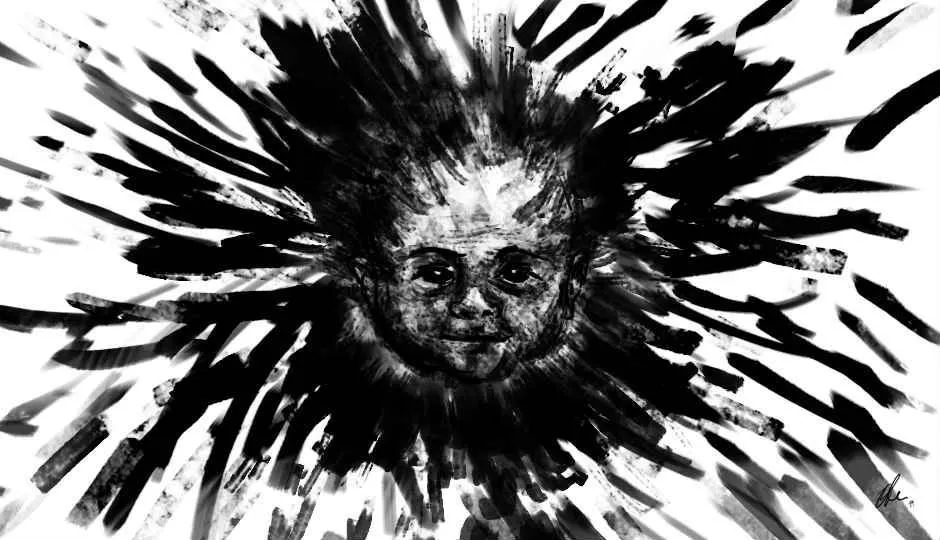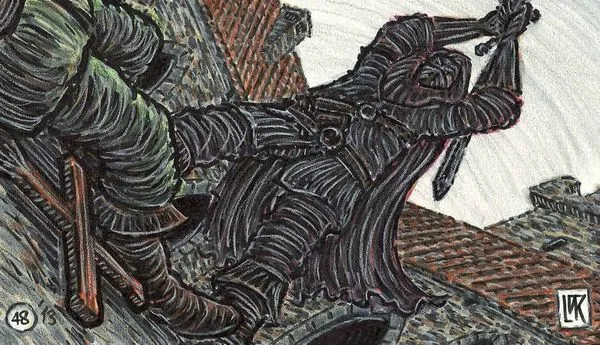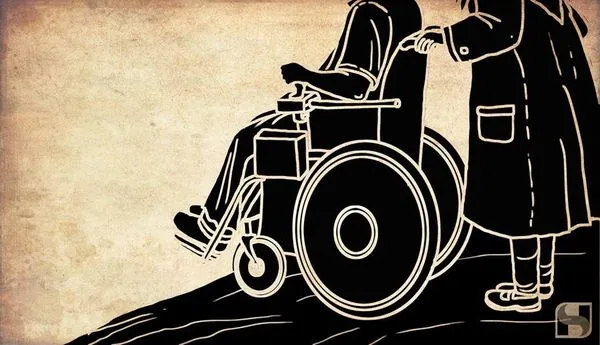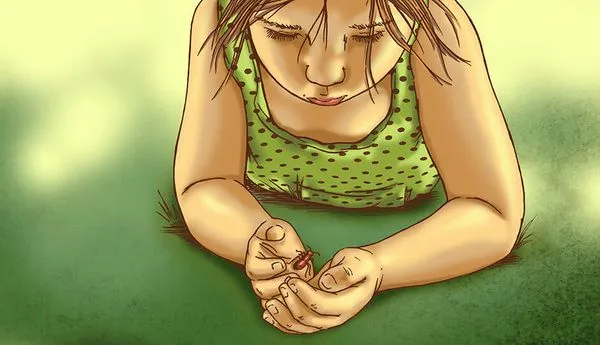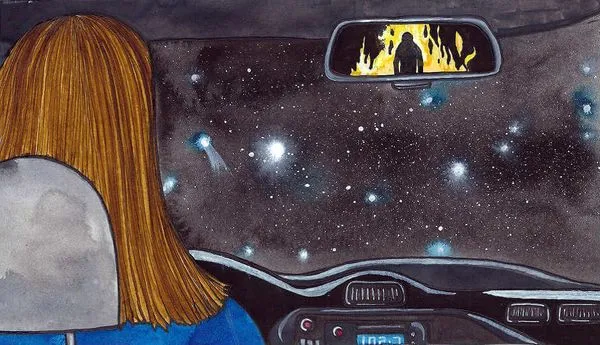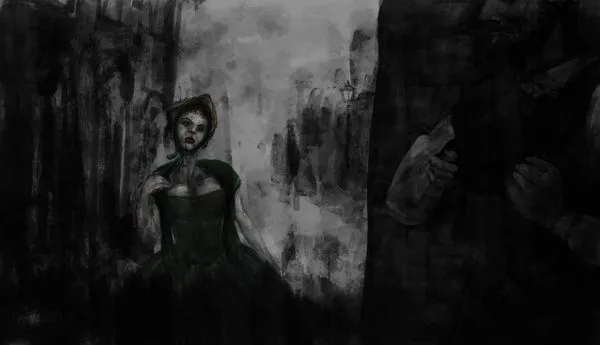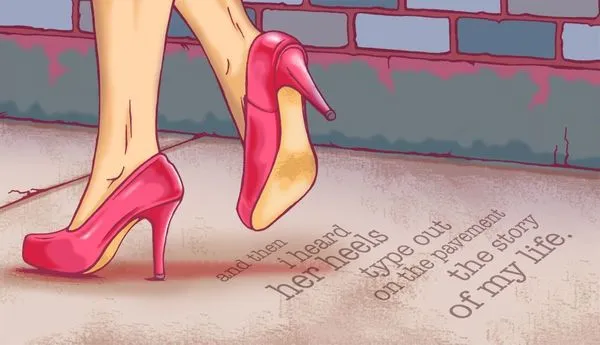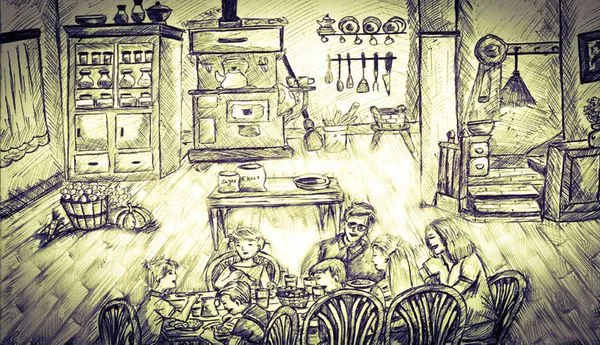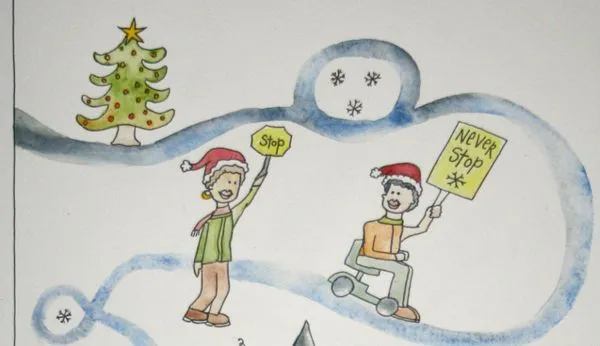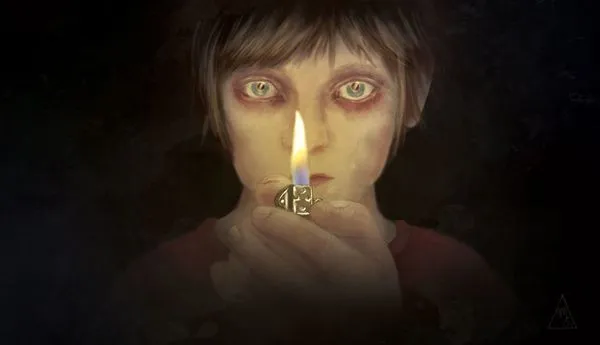Obregon
Published on 2014-11-19
From a nearby tree, one after another, birds dropped like stones, then, just before they struck the hard earth, swooped toward the front door. Flying fast, like black blurs through the twilight, they stuck their beaks in the heavy timber door like darts. Thwack! Thwack! Ten birds, then ten more, and Silas just lay there, listening. His eyelids shut so tight they trembled, flinching each time the birds hit. After what seemed an hour, he slid out of bed, but didn’t turn on the lights so as to avoid waking his pregnant wife, Martinique.
Beyond the thin curtain, at the front door, just visible from his room, the mass of flapping black wings seemed to hover above the ground like a swarm of bees. Like an oil slick, they melted together forming a sheet of black. With a loosening of his bladder muscles he realized the shape at his door was that of a person, cloaked in black.
“Buenos dias,” said the cloak. Its hood contained no face but the figure emanated words seemingly from its full length.
Silas stood there, stammering through a crack in the door. “S-sir? Who are you?”
“Tiene sesenta dias, muchacho. Pasa bien.” With a growl, the cloak was gone, replaced by the keening of the night-birds.
Sixty days. Spend them well, Silas thought. What would happen in sixty days?
He awoke the next morning tangled in his sheets, flailing and sweaty. Obviously a dream, he thought, and threw his legs over and stood up. For some reason, compelled to check the front door, he climbed down the stairs, two at a time. Upon opening the door, he found twenty separate divots and slammed the door with a shriek, then a hand over his mouth.
Those sharp, black beaks.
For the next fifty or so days, he awoke each night, certain he heard the flapping of wings and crying of the birds. Each time, when he’d part the curtain, there would be nothing there. Martinique never awoke, or so he thought, but many times thought he caught her eyeshine for a moment as he’d climbed back into bed. Even as they left for the hospital, he heard the cries of birds, but saw none. As he checked the rearview mirror one last time, he thought perhaps a black shape moved across the street toward their house.
The sound of the newborn’s wailing woke Silas on the sixtieth day, whose arm was cramping up from leaning in the hospital room chair all night. “What’s little Obregón want?” he whispered to his wife.
The baby wouldn’t take her breast, but kept trying to turn its head to face Silas, whose body felt cold when Obregón looked at him. This was supposed to be a happy experience, he thought, but all he could think about was the cloak’s warning.
“He doesn’t seem to like it here,” Martinique said. “I want to go home.”
Silas got up and stretched. “I’m on it,” he said, and slipped out into the hallway. “Nurse, we need to go home.”
“But Mr. Yamatilla,” the nurse whispered in a thick accent, “you must know something. This baby, he’s not—” she stopped short, just as a beep came from the intercom, summoning the nurse away, leaving Silas standing there.
He heard Martinique screaming. When he opened the door, she flailed her arms and shrieked wildly. Silas rushed over to the bed. “What is it?”
“It’s Obregón, his—” she cried, taking a breath. “His eyes.”
The blanket on the foot of the hospital bed was covered in black feathers, but neither seemed to notice. Silas picked Obregón up, inspected him at arm’s length. He breathed through his mouth and turned to Martinique in disbelief. Shiny black eyes focused on his forehead. “Sesenta dias,” the baby hissed, and a flutter of wings and beaks ripped Silas’s body to pieces.

